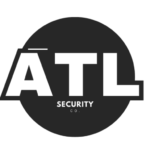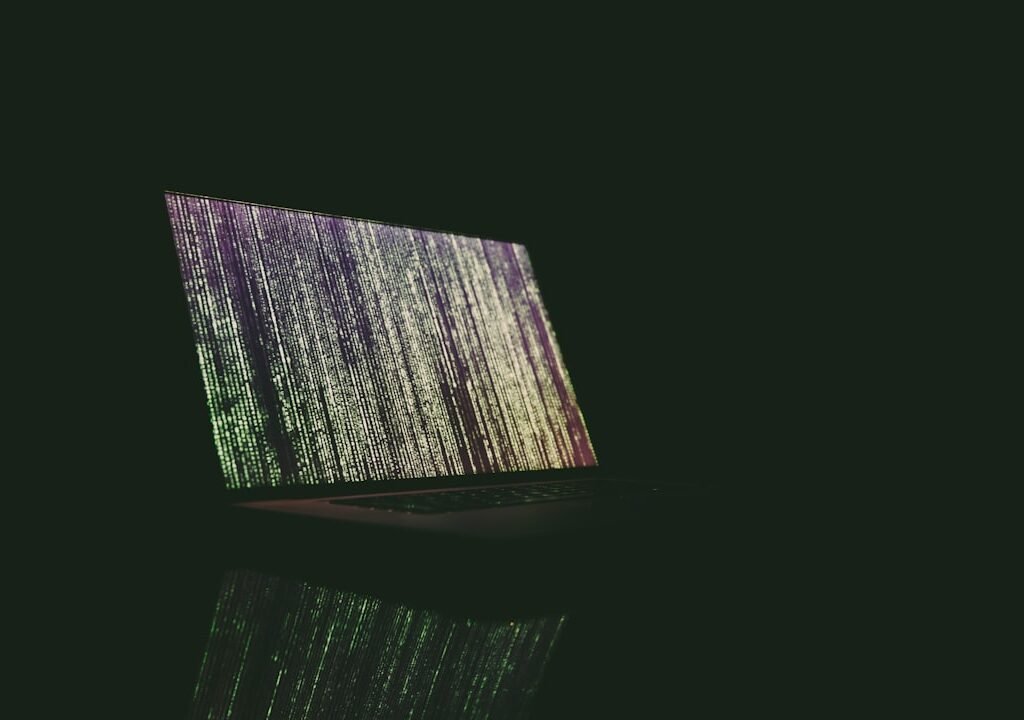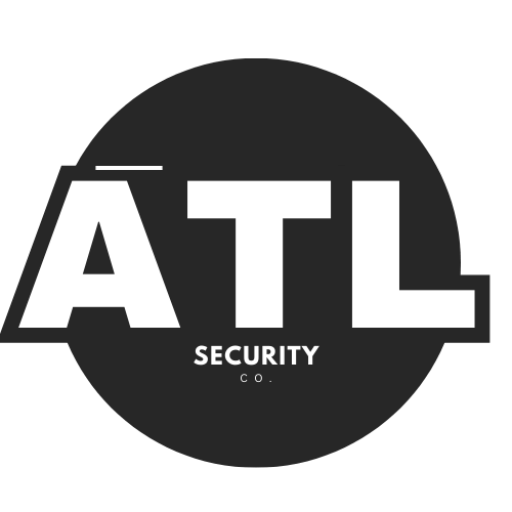The Dark Web is a part of the internet that most people don’t see. It’s hidden and requires special software to access. While the regular web is filled with websites we use every day, like social media and news sites, the Dark Web is a different world.
It’s often associated with illegal activities, such as drug sales, weapons trading, and stolen data. However, it’s also a place where people seek privacy and freedom from government control. This dual nature makes it a complex topic.
Many people hear about the Dark Web and think it’s only for criminals. While it does host illegal activities, it also serves as a refuge for whistleblowers and activists in oppressive regimes.
They use it to communicate safely without fear of being tracked.
Understanding the Dark Web is important for businesses because it can be a source of threats. Cybercriminals often use this hidden part of the internet to buy and sell stolen information, making it crucial for companies to be aware of what happens there.
Key Takeaways
- The Dark Web is a hidden part of the internet where illegal activities, including the sale of stolen data, take place.
- Businesses face significant security threats from the Dark Web, including data breaches and financial losses.
- Stolen data from the Dark Web is used for break-ins, identity theft, and fraud, posing serious risks to businesses.
- Case studies of businesses affected by Dark Web activities highlight the real-world impact of data breaches and cyber threats.
- Cybersecurity measures are crucial for businesses to protect their data and mitigate the risks posed by the Dark Web.
The Business Security Threat
Businesses today face many security threats, and the Dark Web is one of the biggest. Cybercriminals are always looking for ways to exploit weaknesses in a company’s security. They can steal sensitive information like customer data, financial records, and trade secrets.
Once they have this information, they can sell it on the Dark Web or use it to blackmail the company. This can lead to significant financial losses and damage to a company’s reputation. The threat isn’t just from hackers breaking into systems.
Sometimes, employees may accidentally expose sensitive information. For example, if an employee uses a weak password or falls for a phishing scam, it can open the door for cybercriminals. This means that businesses need to be vigilant and proactive in protecting their data.
Ignoring these threats can lead to dire consequences.
How Stolen Data is Used for Break-Ins

Once cybercriminals steal data, they have many ways to use it. One common method is to launch break-ins into company systems. For instance, if they obtain login credentials from the Dark Web, they can access a company’s network without raising any alarms.
This allows them to steal more data or install malware that can cause further damage. Stolen data can also be used for identity theft. Cybercriminals might impersonate employees or customers to gain access to sensitive areas of a business.
This can lead to unauthorized transactions or even financial fraud. The more data they have, the easier it is for them to manipulate systems and people. This is why businesses must take data protection seriously.
Case Studies of Businesses Affected
There are many real-life examples of businesses that have suffered from data breaches linked to the Dark Web. One notable case involved a large retail chain that had its customer credit card information stolen. The hackers sold this data on the Dark Web, leading to millions in losses for the company and its customers.
The breach not only cost money but also damaged the company’s reputation, leading to a loss of trust among customers. Another example is a healthcare provider that experienced a data breach when hackers accessed patient records. The stolen information was sold on the Dark Web, putting patients at risk for identity theft and fraud.
The healthcare provider faced hefty fines and legal fees as a result of the breach. These cases show how serious the threat from the Dark Web can be for businesses of all sizes.
The Importance of Cybersecurity Measures
Given the risks associated with the Dark Web, having strong cybersecurity measures in place is essential for businesses. Cybersecurity isn’t just about having firewalls or antivirus software; it’s about creating a culture of security within an organization. Employees need to be trained on how to recognize threats and respond appropriately.
This includes understanding phishing scams and using strong passwords. Investing in cybersecurity tools is also crucial. Businesses should consider using encryption to protect sensitive data and regularly updating their software to fix vulnerabilities.
Regular security audits can help identify weaknesses before they are exploited by cybercriminals. By prioritizing cybersecurity, businesses can better protect themselves from the dangers lurking on the Dark Web.
Strategies for Protecting Business Data

There are several strategies businesses can implement to protect their data from threats associated with the Dark Web. First, conducting regular training sessions for employees is vital. Teaching them about safe online practices can significantly reduce the risk of accidental breaches.
Employees should know how to create strong passwords and recognize suspicious emails. Another effective strategy is to implement multi-factor authentication (MFA). This adds an extra layer of security by requiring users to provide two or more verification factors before accessing sensitive information.
Even if a hacker obtains a password, they would still need another form of identification to gain access. Additionally, businesses should regularly back up their data. In case of a breach or ransomware attack, having backups ensures that critical information isn’t lost forever.
Cloud storage solutions can provide secure backup options that are easily accessible when needed.
The Legal and Financial Consequences of Data Breaches
Data breaches can lead to severe legal and financial consequences for businesses. When customer information is compromised, companies may face lawsuits from affected individuals or regulatory fines from government agencies. These legal battles can be costly and time-consuming, draining resources that could be better spent elsewhere.
Financially, the costs associated with a data breach can be staggering. Companies may need to invest in public relations efforts to rebuild their reputation after a breach occurs. They might also have to offer credit monitoring services to affected customers, which adds another layer of expense.
In some cases, businesses may even face bankruptcy due to the financial fallout from a significant breach.
Conclusion and Recommendations for Business Owners
In conclusion, understanding the Dark Web and its implications is crucial for business owners today. The threats posed by cybercriminals are real and can have devastating effects on companies of all sizes. To protect their businesses, owners must prioritize cybersecurity measures and create a culture of awareness among employees.
It’s essential for business owners to invest in training programs, cybersecurity tools, and regular audits to identify vulnerabilities. By taking these steps, they can significantly reduce their risk of falling victim to cybercrime linked to the Dark Web. Remember, prevention is always better than dealing with the aftermath of a breach.
Taking action now can save businesses from future headaches and losses down the road.
FAQs
What is the Dark Web?
The Dark Web is a part of the internet that is not indexed by search engines and requires special software to access. It is often used for illegal activities and the buying and selling of stolen data.
How does stolen data from the Dark Web lead to break-ins?
Stolen data from the Dark Web can include personal and business information such as addresses, security codes, and access credentials. This information can be used by criminals to plan and execute break-ins at businesses and homes.
What types of businesses are at risk from stolen data on the Dark Web?
Any business that collects and stores sensitive customer or employee information is at risk from stolen data on the Dark Web. This includes financial institutions, healthcare providers, and retail businesses.
How can businesses protect themselves from the risks associated with the Dark Web?
Businesses can protect themselves by implementing strong cybersecurity measures, including encryption, firewalls, and regular security audits. It is also important to educate employees about the risks of the Dark Web and the importance of safeguarding sensitive information.





